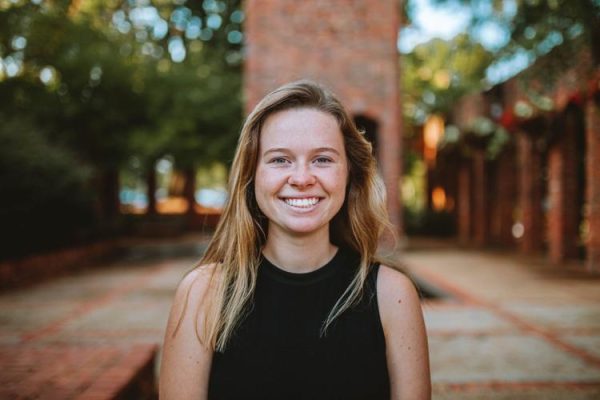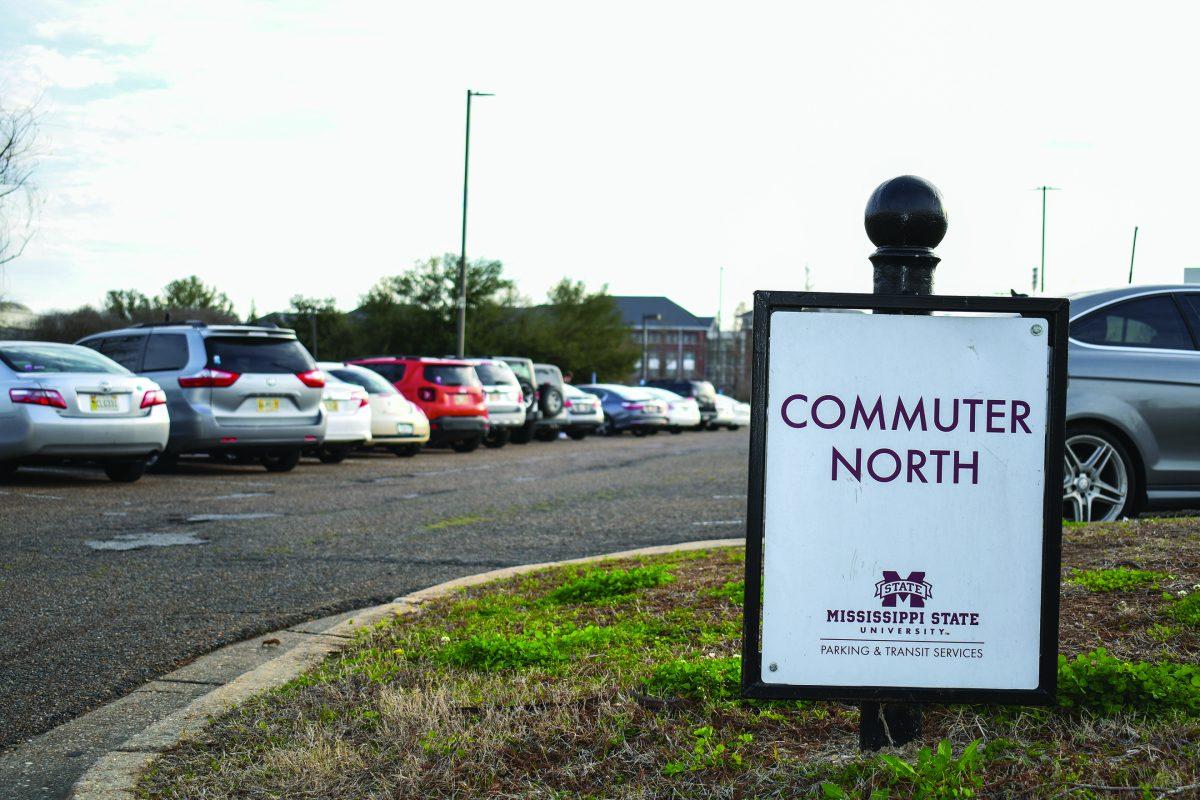With the start of a new semester, finding parking spaces on a campus flooded with over 25,000 students, faculty and staff is a primary concern for many students.
Within the first several weeks of a new semester, Mississippi State University Parking and Transit Services Director Jeremiah Dumas said he frequently gets phone calls from parents angry their children were late to class because they could not find a parking spot. Dumas said he also monitors accounts like Old Row to see what students are saying about parking, so he is well aware of the hostility often directed at Parking and Transit Services.
However, according to Dumas, MSU has some of the best parking statistics in the SEC.
“When you look comparatively both from a permit ratio per space and a cost per permit, we’re at the very bottom of the SEC—some significantly higher than us,” Dumas said.
Student Association President Jake Manning confirmed Dumas’s claim.
“We really do have it very, very good here. At other places it’s absurd. The SEC average on parking decals is around $300,” Manning said.
For comparison, MSU’s parking decals currently cost $180.
In response to parents angry the university oversells permits per parking space, Dumas said he replies with a question.
“Would you rather your child have the opportunity to buy a permit and pretty much be guaranteed a space, especially when things normalize, or would you rather them not be able to have a permit for the year and there be open spaces in that lot throughout the year?” Dumas said.
Because commuters are transient, meaning they come and go from campus, it does not make sense to sell the same number of permits as there are spaces—a practice that no one in the industry does, Dumas said.
Every year, Parking and Transit Services evaluates the number of total parking spots on campus (about 15,000) and allocates a certain number of permits to each zone.
However, several years ago, there was not a cap on the number of permits sold for the North Commuter lot, which used to be an overflow lot. The number of permits sold per spot climbed to nearly 2.8 and resulted in the overcrowding of North Commuter, Dumas said. Now, Parking Services has a fixed ratio of permits that they sell per commuter space: 1.75.
Eli Lawrence, a junior with a Commuter East permit, said he hears a lot of people complaining about parking, but as long as he does not arrive at the last minute, he usually does not have trouble finding a spot.
“I’ve never not been able to find a spot,” Lawrence said.
For resident parking passes, the university prides itself on the policy of “if you have a bed, you have a spot,” with a nearly 1:1 ratio of permits sold per resident parking space.
Harrison Scott, a freshman living in Nunnelee Hall on the north side of campus, said, aside from football game day weekends, he has always been able to find a parking spot, with the only downside that they are sometimes in the very back of the lot and can involve a longer walk.
After the uncapped permit sales issues North Zone parking faced several years ago, Manning said the Student Association formed a parking and transit task force. After meeting with Dumas and looking at the numbers involved in the cost of building new parking infrastructure, Manning said even the student task force agreed permit prices should be raised.
“(Parking Services) is the best,” Manning said. “That really is the reality and when people get mad at me, and I do my job and I go and I’m getting feisty and they come back and hit you with the numbers- we’re just the best.”
Manning said one thing many students do not realize is the immense cost that goes into building more parking infrastructure. The cost of building one parking spot on campus is around $3,000. The north side parking garage that is currently under construction will cost $16 million. Additional difficulties in adding parking include traffic concerns and limitations on land available to be used for parking, Dumas said.
“We’re tasked with managing a very, very limited and expensive resource,” Dumas said.
In addition to the new parking garage that will be near the Humphrey Coliseum, plans are in the works for a Commuter East lot that will be built behind the Fresh Food Company. That project, however, has been on hold for several years because it is dependent on the Blackjack Road renovation project—a county project that has been delayed for three years. Dumas said he is hopeful the Blackjack Road project will be underway this summer, allowing the university to begin construction on the new Commuter East lot in the fall.
While ticketing is at the top of the list of student complaints regarding parking, Dumas said the purpose of issuing tickets is to keep people with the incorrect permit from taking spots from those who have the correct permit. Additionally, parking services does not handle ticket appeals, that is the role of the Dean of Students’ Office.
Manning also pointed out that the parking “problem” on campus is often a cultural one. With over 50% of the student body coming from in-state, often small, rural towns, students are used to having hardly any trouble with parking. In contrast, students from big cities are accustomed to having to pay for parking and walk from their parking spot to their destination.
“It’s why, even though we have one of the best programs, we get the most vocal heat,” Manning said.
Dumas said his best advice for students regarding parking is to be familiar with all the lots in their zone. Oftentimes, students having trouble finding parking are set on parking in a certain lot and are not aware of other lots in their zones that would not be full, Dumas said. Dumas also encouraged students to consider parking in a further lot and using the bus, as it can often be faster than circling closer lots trying to find spots.
Parking and Transit Services’ purpose is in the name: service. They have the students’ best interests in mind and are doing their best to manage very limited resources with a growing student population, Dumas said.
“Are we going to fix every ticket? No. Are we going to hold you accountable? Yes. Are you going to be able to not buy a permit? You’re going to have to buy a permit, but we’re here to help you and we’ll do everything we can,” Dumas said.
Parking on campus: an inside look
Hannah Blankenship | The Reflector
Students park in the North Commuter lot, which previously functioned as an overflow lot. The ratio for permits per spot has been set at 1.75.
About the Contributor

Hannah Blankenship, Former Editor-in-Chief
Hannah Blankenship served as Editor-in-Chief of The Reflector from 2021 to 2022.
She also served as the Managing Editor from 2020 to 2021 and as the News Editor from 2019 to 2020.
Hannah was named College Journalist of the Year at the 2022 Southeastern Journalism Conference.
0
Donate to The Reflector
Your donation will support the student journalists of Mississippi State University. Your contribution will allow us to purchase equipment and cover our annual website hosting costs.
More to Discover














